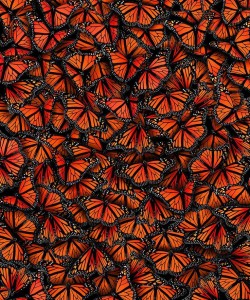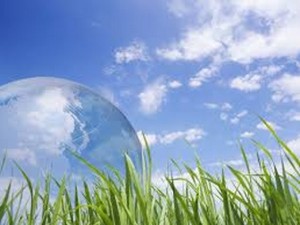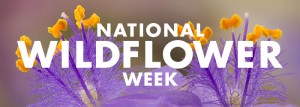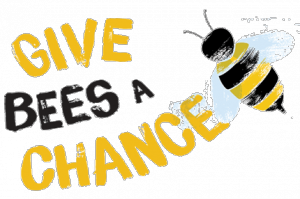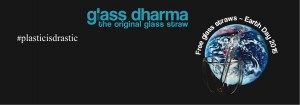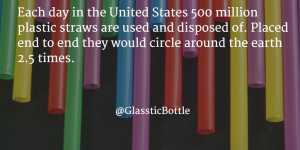Help Save The Monarch Butterfly
The Monarch Butterfly population has dropped over 80% since 1992 and the numbers are declining the same for the Milkweed plant population, the food needed for the Monarch Caterpillar. The best way to help the Monarch Butterfly is to rebuild their habitat and give them the food they need to survive. The Save Our Monarchs

